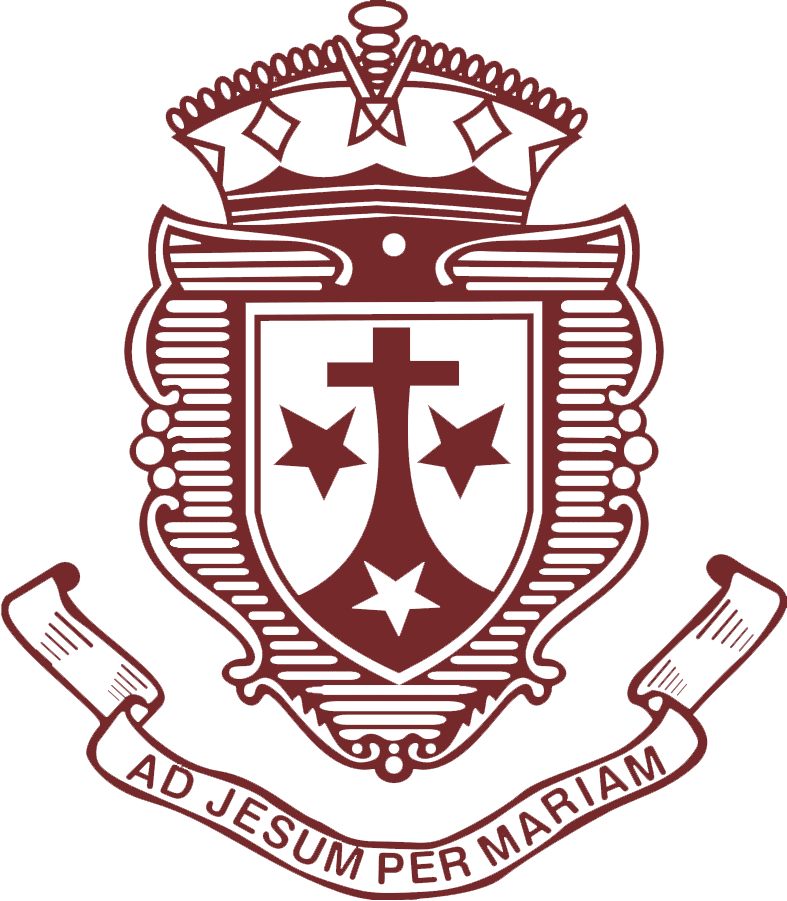Academic Training:
A professional learning opportunity known as an internship exposes students to a relevant, practical learning experience that is directly attached to their area of study or professional career. A student can explore and develop their career while learning new skills through an internship. It provides the organization the opportunity to enhance talent, bring in fresh perspectives and perhaps even promote a system for future full-time professionals. An excellent internship:
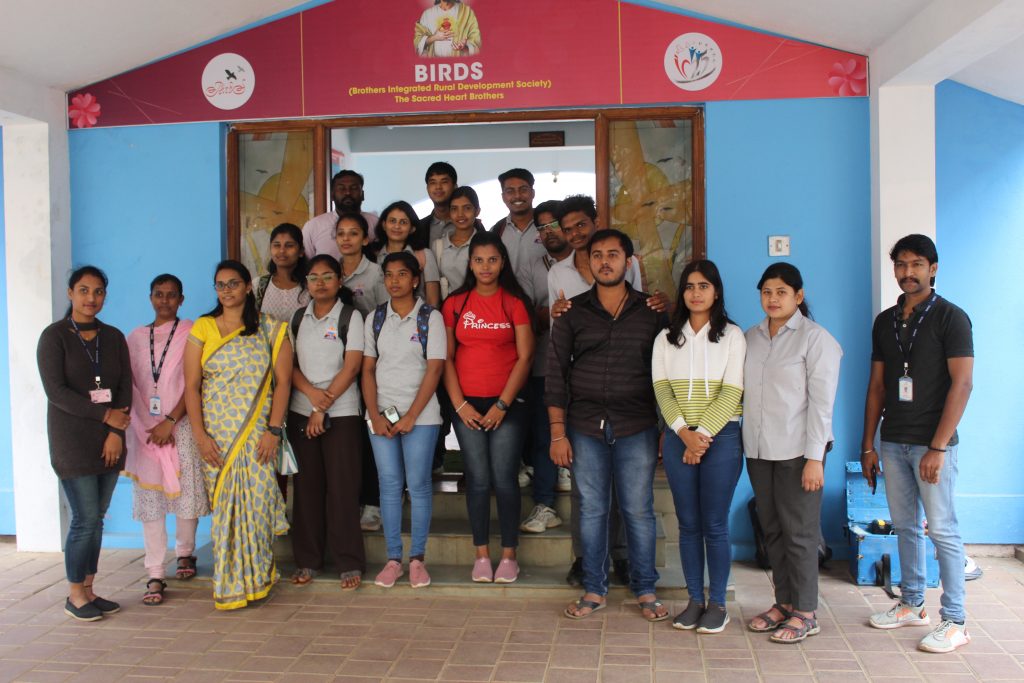
1. Consists of a part- or full-time work schedule with no more than 25% administrative or clerical tasks.
2. Provides a thorough description of the work experience’s task or project.
3. Connects the student to the organization, its culture, and the suggested job.
4. Assists students in setting and achieving learning objectives.
5. Regularly provides the student intern with feedback.

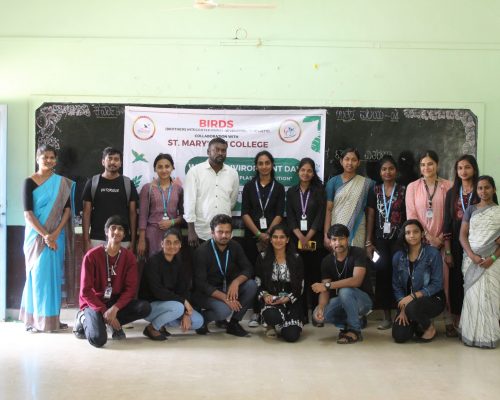
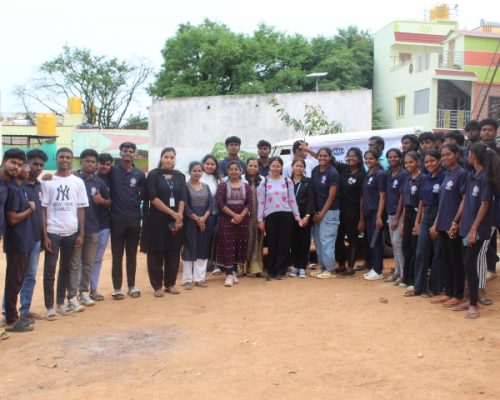
Mentor:
The mentors will facilitate both the personal and professional growth of the interns through knowledge sharing and the provision of insights learned from years of experience. The mentor is expected to be respect, dignity, helpful, considerate, sensitive, approachable, open, fair, and genuinely intent on the development of the intern. Mentors should assist interns in technical skills, professional skill and interpersonal skills.
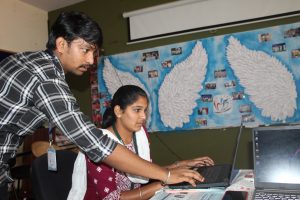
Mentor responsibilities:
A. Make a good and professional relationship with internship students.
B. Understand them according to their mentality and capability.
C. Explain about organization, policies, norms, objectives, workplace, working hours, roles, training description and concerns personalities for reporting.
D. Create an opportunity for learning.
E. Mentoring on the job and off the job role and guidance
F. To assist to the intern for growing in professional.
G. Advise intern on the development of interpersonal skills.
H. Share relevant experiences.
I. Provide Career oriented training with experience.
J. Try to complete the training or academic requirements.
K. Enable your mentee’s growth.
L. Create a safe and comfortable workplace.
M. Be available and approachable.
N. Show respect for their potential.
O. Build a foundation of trust.
P. Make sure each conversation is meaningful.
Q. Bring the mentee into outer world.
R. Bring Enthusiastic to the internship students.
S. Continuous Feedbacks and Follow-ups.
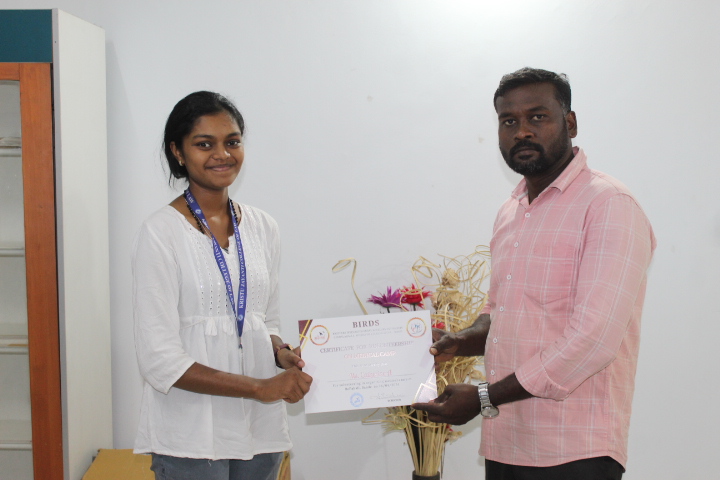
Mentee/Intern:
An intern is a trainee who has signed on with an organisation for a brief period. An intern’s goal is to gain work experience, occasionally some university credit, and always an overall feel for the industry they’re interning in. An intern is primarily a support role – at least in the beginning. When the join up, your main job will be to assist, learn, and grow in career.
1. To develop an understanding of the organization set-up.
2. To develop an understanding of a community.
3. To help students understand the socio-economic, cultural, and political milieu and develop capacity for critical examination of causative and maintenance factors of social problems and their effect on individual, family, and group functioning.
4. To develop professional skills of working with people.
5. To help students to identify, plan and implement social work interventions through the application of the methods of social work.
6. To assist the students to understand and assess the impact of social work interventions on different client systems and in facilitating social change, ensuring human rights and social justice.
7. To help students develop skills and appropriate personality qualities required for professional social work practice – Rapport building, observation, listening, interviewing, communication, critical thinking, group discussions, resource mobilization, learning and leadership.
8. To provide opportunities to accept challenges and respond to them.
9. To understand the nature of social work practice and the role of social worker in different settings.
10. To develop skills in report writing and use of supervision.
11. To get an introduction and exposure to different fields/ areas of Social Work practice.
12. To orient on the administrative structure, philosophy, nature, objectives, and programmes of the organizations.
13. Understand the problems confronting the individual, groups, and communities inrelation to the socio-economic realities prevailing in the social fabric.
14. To provide an exposure to understand the services in response to people’s needs.
15. To know the different roles played by the Professional Social Workers and their relevance to the client’s needs and their problems.
16. To know the ways of mobilization and utilization of human and other types of resources.
17. To impart skills of systematic observation and develop a spirit of enquiry.
18. To understand, appreciate and develop an ability to critically evaluate the initiatives of Government and Non-Governmental organizations.
19. To understand the rural social system with specific reference to a specific poverty group
20. To analyse the regional, rural social system, the approach and the strategies of intervention used by the community.
21. To develop the capacity to undertake critique of the intervention of both the voluntary organizations and government agencies in relation to the specific poverty group.
22. To experience group living, appreciate its value in terms of self-development, interpersonal relationships, sense of organization, management and taking on the responsibility.
23. To acquire skills in planning, organizing, implementing the camp through conscious use of time, communication skills, team spirit, handling relationships, conflicts and differences of opinion, decision making, evaluation and appreciation.
24. Advanced knowledge on organizational management and project management in student’s respective area of specialization.
25. Understanding on systematic recording in the practice context.
26. Develop knowledge on researches already conducted in the field of specialization in relation to the field practicum site.
27. Develop knowledge on community/government resources, networking, and collaboration in the specialization area.
28. Acquire knowledge on the use of median and communication devices for development communication in the specialization area.
29. Enhance skills in evaluation of the functions and services of the agency in the specialization field.
30. Enhance skills in formulating a plan for better client reach and organization development.
31. Acquire higher level of proficiency in recording skills.
32. Acquire skill to deal with ethical issues and dilemmas in social work practice.
33. Develop proficient assessment and intervention skills in the specialization area.
34. Develop proficiency in utilizing appropriate intervention with diverse client.
35. Develop enhanced critical thinking in relation to integration of theories, practice knowledge and self-reflection.
36. Attain advanced skills in networking and the ability to provide consultation to similar agencies.
37. Demonstrate abilities to utilize the knowledge of research to assess the effectiveness of one’s own practice.
38. Demonstrate the ability to utilize mass media and other communication devices for development communication in the specialization area of intervention
Performing Clerical Duties:
Creating PowerPoint presentations, drafting reports, designing creatives, researching trends and the like.
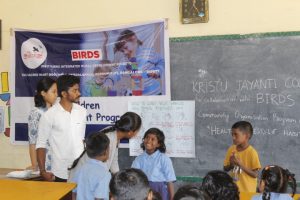
Managing social media and emails:
Intern may be asked to handle the organization’s social media accounts, write emails for official, talk to beneficiaries/partners/collaborators on the phone, and similar duties. Your day may include designing social media posts, scheduling them and creating a general strategy for posts.
Program Organizing and Coordinating:
Interns are often asked to oversee the scheduling of important events. Intern may ask to help get everything prepared for an important. From securing the location to assisting the creation of a theme, preparing invitation, preparing plan, assigning role and responsibilities, etc.
Research:
Interns fresh from a university education have a great deal of up-to-date knowledge. The organisation may put this knowledge to good use by placing intern in a research role. Intern may be asked to investigate a new project and give some recommendations on how best to execute it.
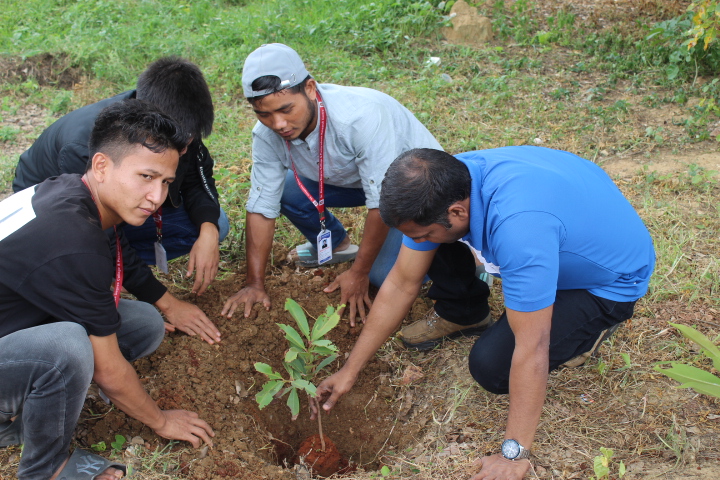
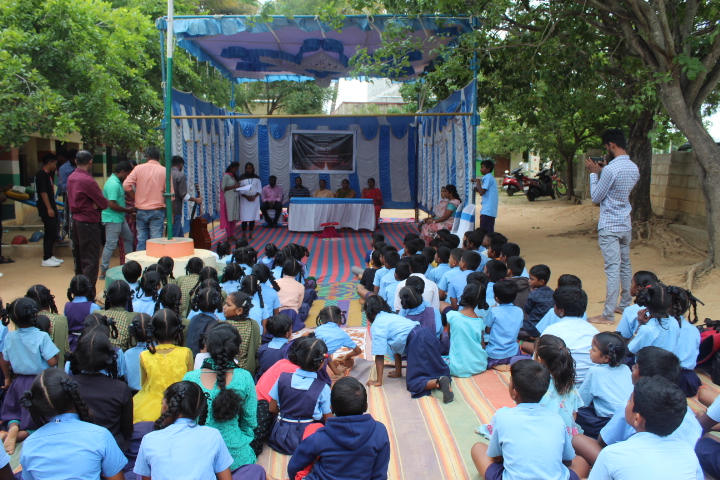
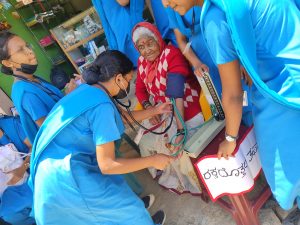
Colleges









